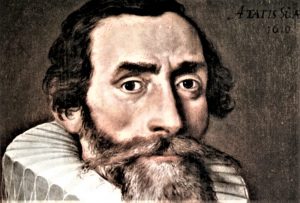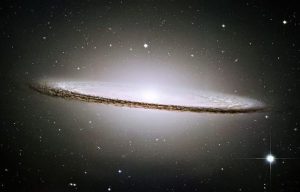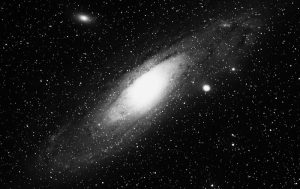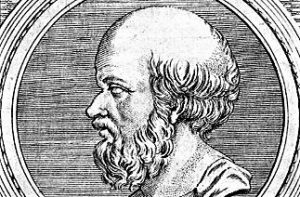Johannes Kepler
Johannes Kepler played a key role in the deep change that the current of human thought had and is considered as one of the most significant representatives of the so-called Scientific Revolution of the 16th and 17th centuries. Although he received only basic educational training and was initially oriented by theology, he was able to make himself known quickly for his mathematical skills and theoretical creativity. Kepler defended his new system against ancient astronomers who believed in Ptolemy system, against natural philosophers of Aristotelian origin, in contradiction of Tycho Brahe's and its new "mixed system" followers, and even against the Copernican standard position in which the new system was to be considered simply as a computational device and not necessarily as a physical reality.

Personal Information
- Born: 27/12/1571
- Where he was born: Weil der Stadt, Germany
- When he died: 15/11/1630
- Where did he die: Regensburg, Germany
Who was Johannes Kepler?
Johannes Kepler was an important astronomer and German mathematician who was a faithful exponent of the so-called Scientific Revolution, which stood out in a remarkable way thanks to his contribution to the movement laws of the planets in their orbit around the sun.
Biography of Johannes Kepler
Johannes Kepler was born in the German village of Weil der Stadt on 27 December 1571. Descended from a wealthy family and a grandfather who served as the city’ s mayor, his father participated in the army and his mother was a healer, who was later accused of witchcraft and imprisoned. He was educated in Swabia; at the Leonberg, Adelberg and Maulbronn schools; later at Tübingen University where he became “Magister Artium” before beginning his studies at the Theology Faculty.
Before finishing his theological studies in Tübingen, in March 1594 Kepler accepted an offer to teach mathematics as Georg Stadius’ successor at the Protestant school in Graz in Austria. He met an important mathematics teacher in his youth, Michael Mästlin, a Copernicus’ follower, which brought him closer to laws and teachings, making him a faithful defender of Heliocentric theory. He inherited from Tycho Brahe, the position of imperial mathematician of Rudolf II. He died in 1632 in Bavaria, Germany.
Johannes Kepler discoveries
Some of his main discoveries are listed below.
- He managed to create glasses useful for nearsightedness and farsightedness.
- He explained how telescopes
- He made statements asserting that gravity depends at all times on two bodies instead of one, asserting that the moon is responsible for the movement of the oceans on Earth.
- He determined with his theories that refraction is the force that drives the vision of the eye, and that depth perception is achieved with the use of both eyes.
- He originated the word satellite and commented on solar rotation.
- He made precise calculations about where planets stood that allowed the prediction of astronomical
- He gave precise advice to farmers of the period to successfully cultivate their plantations.
Laws
Johannes Kepler created three different laws that are:
- Orbit Law: This was the first law and it was the one that dismissed Copernicus’ idea about the circular shape of orbits. This law said that the planets revolve around the sun following an elliptical trajectory, and that the sun is located in one of the focal points of the ellipse.
- Areas law: It is the second law and it gives us information about the speed of displacement that a planet has, it affirms that the straight line that joins a planet with the sun, crosses equal time areas and for this to be possible, the planet’s speed will have to increase as it approaches the sun. This law indicates the existence of a force that allows the Sun to attract planets.
- Periods law: This law was the third and was also known as harmonic law or periods law. It related the planets’ periods, in other words, the time it takes for a planet to go around the sun.
Johannes Kepler’s contributions
Kepler enunciated the laws that mathematically described the planets’ movement in their orbits around the sun. He also demonstrated through his studies the law of Universal Gravitation and established the basis of classical mechanics through his relative laws of motion. He developed a new infinitesimal system in mathematics, which was a forerunner of calculus.
Works by Johannes Kepler
Among his main works we can mention the following:
- Mysterium Cosmographicum (The Cosmic Mystery)
- Astronomiae Pars Óptica (The Optical Part of Astronomy)
- De Stella nova in pede Serpentarii (The New Star at the Foot of Ophiuchus)
- Astronomia nova (New astronomy)
- Conversation with the sidereal messenger
- Dioptrice
- Epitome astronomiae Copernicanae
- Harmonices Mundi (The harmony of the world)
- Tabulae Rudolphinae
How to cite this article?
Briceño V., Gabriela. (2019). Johannes Kepler. Recovered on 4 January, 2025, de Euston96: https://www.euston96.com/en/johannes-kepler-en/









